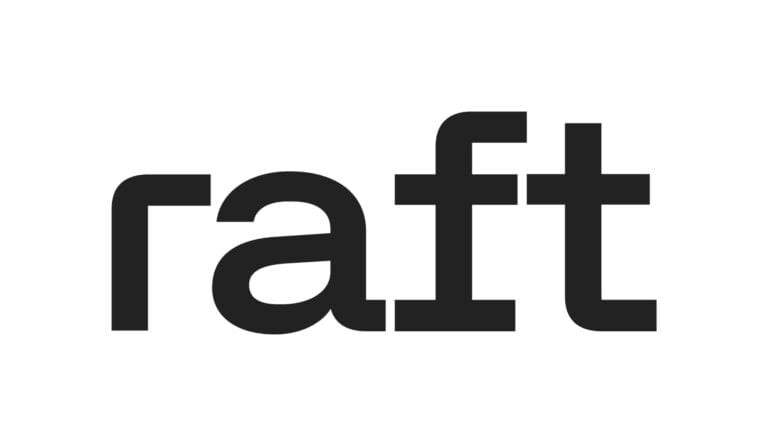Sustainability has become a key pillar of the airfreight industry as it can no longer be an optional part of anyone’s processes. It is no longer able to be treated as an afterthought or an addition, it is written into everything the industry does.
Just as aviation forms a core pillar of global connectivity and development, sustainability now forms a core pillar of all aviation practices.
The European Union (EU) Corporate Sustainability Reporting Directive (CSRD) has brought in extensive sustainability reporting requirements. Under the CSRD phased implementation, almost 50,000 companies will ultimately be required to comply with emissions reporting, including non-EU companies that have subsidiaries operating within the EU or are listed on EU-regulated markets.
These companies need to record their Scope 1, Scope 2 and Scope 3 greenhouse gas (GHG) emissions in compliance with the European Sustainability Reporting Standards (ESRS) and begin reporting them in 2025. The exact timing of reporting in 2025 depends on when the impacted companies’ individual financial year ends within the period covering 1st January to 31st December, 2024, as the new sustainability reporting is aligned with their current financial reporting timelines.
Those failing to comply could face fines of up to €10 million – or five percent of their annual revenue.
Forwarders have begun to sit up and take note of what is going on now that these regulations have come into effect, marking a decisive shift towards taking sustainability seriously.
“No matter where you are on the globe, you will be impacted by this, and adopting sustainable practices is no longer an option but a necessity in our industry,” Lionel van der Walt, Chief Growth Officer of Raft, stated.
READ: Supply Chain Day: Lufthansa Cargo showcases industry transformation
Speed of change
In terms of governance and regulation, bodies have recognised the importance of mandating sustainable practices in the supply chain and have developed disclosure regulations – with the EU’s Corporate Sustainability Reporting Directive having come into effect in January and several other countries such as the United States (US), United Kingdom (UK), Canada, New Zealand, Brazil and China, exploring or planning to implement various forms of mandatory sustainability reporting requirements in the near future.
The EU is moving faster than the United States (US) and most other countries. The US is expected to adopt its own reporting standards, the Climate-Related Disclosure Standards (CRDS), but the adoption of this bill has faced multiple delays.
Initially proposed in March 2022 by the US Securities and Exchange Commission (SEC), and following a public comment period that closed in May 2023, the SEC is currently reviewing the public comments and considering revisions to the proposed rules. Typically, the SEC takes 12 to 18 months to finalise a rule following a comment period. As such, it is expected that the rules will be released towards the end of 2024, or at the latest, early 2025.
The CRDS will require publicly traded companies to disclose their emissions and other environmental concerns as part of their annual filings with the SEC.
Overall, the EU CSRD has a broader scope and requires more detailed reporting compared to the SEC’s proposed rules. Additionally, the CSRD mandates external assurance, which is not currently required under the SEC’s proposal.
“Sustainability reporting is not just a matter of compliance, it’s also a competitive advantage. Regulators are asking for this information, but so are your shipper-partners and end-consumers,” van der Walt explained.
“My advice? Prepare yourself for what compliance means, educate your organisation on the requirements, and put in place the processes and technologies required to comply with these new levels of disclosure.”
READ: Embraer signs MoU with AICAT to boost cooperation with Austrian Aerospace
Digital role
Digitalisation plays an important role in the measurement, standardisation, management, and reporting of sustainability matters.
Emissions reporting demands traceable, quality data in the correct format – which will become overwhelming and enormously time-consuming if managed manually.
“It will help to ensure that our industry has the appropriate tools to rapidly enhance internal systems to deal with the influx of new requirements, helping to streamline and automate the process to provide accurate, transparent and reliable data,” van der Walt explained.
“Without technology, forwarders will find it challenging to deliver the relevant data, in the correct format and in a timely manner to meet these expanding regulations. It might not be a priority yet, and even if they are not directly impacted by the EU regulations, as we near the second half of 2024 and their EU clients start feeling the pressure to gather the required data for their 2025 sustainability reports, and the data needs to be assured, forwarders should expect an avalanche of requests for related data.
“Some forwarders are starting to take the necessary steps to ensure they are prepared to meet requirements for accurate, timely reporting in the correct format. However, many companies are not aware of paying attention to this tide of regulations that need to be adhered to.
“These companies would be wise to start paying attention and get their houses in order to comply, the biggest risk being that leaders underestimate the amount of work required to collect, process and submit the necessary data in the required format.
“At this late stage, they should turn to the digital tools available to them to help alleviate the excess burden on their employees that the reporting requirements will certainly lead to.”



